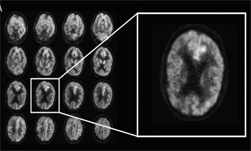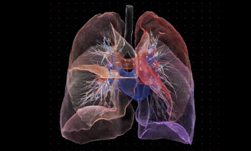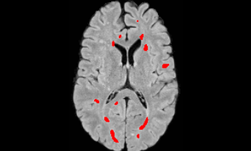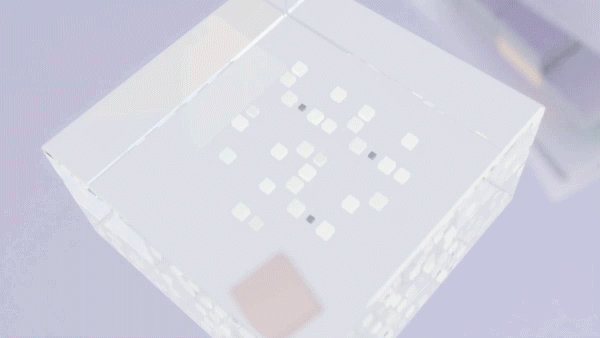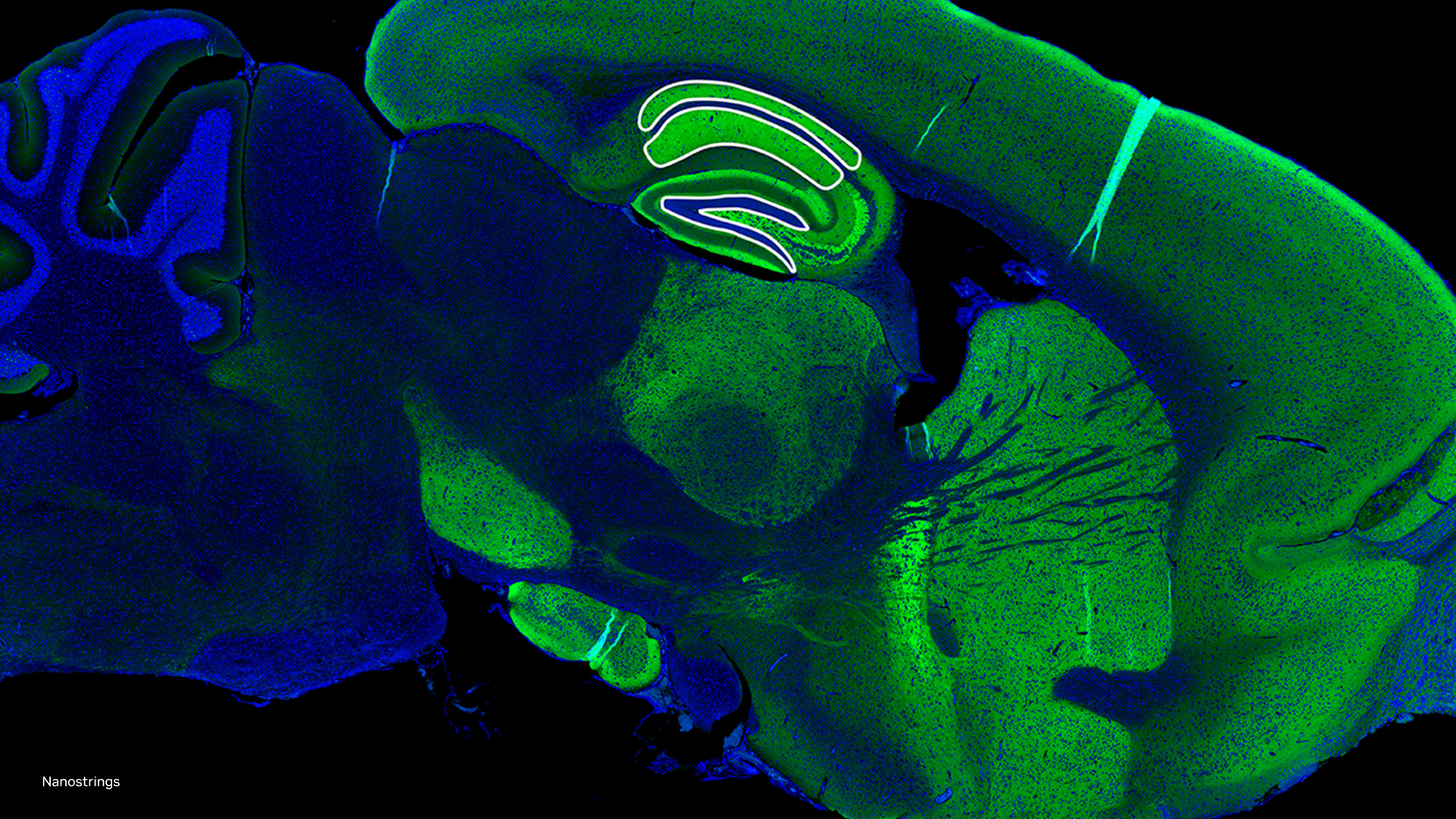According to the Alzheimer’s Association, an estimated 5.7 million Americans of all ages are living with Alzheimer’s disease in the United States. This includes 5.5 million people age 65 and older and around 200,000 individuals under age 65 who have younger-onset Alzheimer’s. To help doctors diagnose the disease, researchers from Stanford University developed a deep learning based system that can automatically detect Alzheimer’s disease and its biomarkers from MRIs, with 94 percent accuracy.
“Alzheimer’s disease is one of the most growing health issues, which devastated many lives, and the number of people with Alzheimer’s dementia is predicted to double within the next 20 years in the United States,” the researchers stated in their paper. “With the recent developments of deep learning and Convolutional Neural Network (CNN) algorithms in computer vision studies, many such methods are developed for medical imaging applications. However, the majority of such previous works mainly focused on segmentation, registration, landmark or lesion detection,” the team explained.
Using NVIDIA Tesla P100 GPUs and the cuDNN-accelerated TensforFlow deep learning frameworks, the team trained a 3D-convolutional neural network on a dataset from the Alzheimer’s Disease Neuroimaging Initiative. The neural network learned to interpret different regions of the brain and their association with the disease, including the biomarkers linked to Alzheimer’s disease.
“Our method uses minimal preprocessing of MRIs (imposing minimum preprocessing artifacts) and utilizes a simple data augmentation strategy of downsampled MR images for training purposes,” the researchers stated in their paper.

The work resulted in the best classification performance compared to two other previous methods but also led to the discovery of relevant disease biomarkers.
“We found the hippocampus region of the brain is critical in the diagnosis of Alzheimer’s. With an extensive hyperparameter tuning and exploiting the best model architecture for binary classification, we fine-tuned the resulting model for mild-cognitive impairment diagnosis as well.”
The team says the simplicity of their convolutional neural network resulted in better testing results. When compared to the other more complex architectures developed previously, this system is less prone to error, the researchers said.
The research was developed by researchers Soheil Esmaeilzadeh, Dimitrios Ioannis, Belivanis, Kilian M. Pohl, and Ehsan Adeli. A paper describing their method was recently published on ArXiv.
Read more>
Stanford Researchers Develop AI that Can Help Diagnose Alzheimer’s Disease
Oct 03, 2018
Discuss (0)

Related resources
- DLI course: Data Augmentation and Segmentation with Generative Networks for Medical Imaging
- GTC session: How Artificial Intelligence is Powering the Future of Biomedicine
- GTC session: Creating AI-Powered Hardware Solutions for Medical Imaging Applications
- GTC session: How AI Will Decode Biology to Radically Improve Lives
- NGC Containers: MATLAB
- NGC Containers: BodyMarker/PhenoBody
